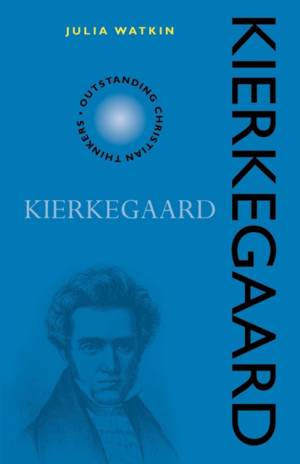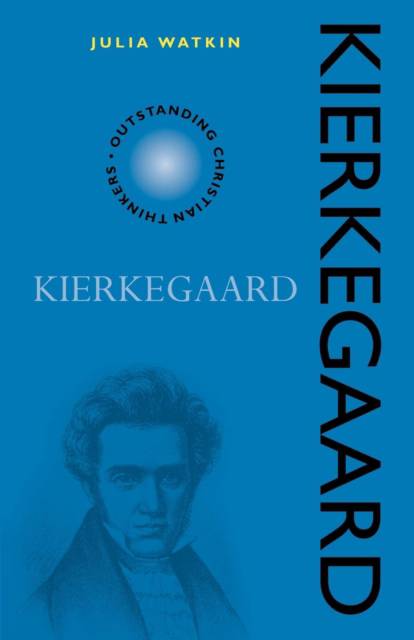
- Afhalen na 1 uur in een winkel met voorraad
- Gratis thuislevering in België vanaf € 30
- Ruim aanbod met 7 miljoen producten
- Afhalen na 1 uur in een winkel met voorraad
- Gratis thuislevering in België vanaf € 30
- Ruim aanbod met 7 miljoen producten
Omschrijving
Soren Kierkegaard (1813-1855) has been proposed as the 'father' of existentialism, as a forerunner of post-modernism and as the proponent of a purely humanistic religiosity. According to Julia Watkin all of these approaches suppress the reality of Kierkegaard as a Christian thinker, albeit one of a uniquely challenging cast who saw the need to treat Christianity as a personal existential adventure in which one is not afraid to risk oneself. In Kierkegaard, Watkin uses Danish critical sources to classify the legendary thinker as one of a radical Christian persuasion.Kierkegaard raised and addressed vital philosophical and ethical-religious questions about existence in a way that continues to be relevant across disciplines, generations, and cultures. This book distinctly and simply introduces Kierkegaard to new readers as a Christian religious thinker.
Specificaties
Betrokkenen
- Auteur(s):
- Uitgeverij:
Inhoud
- Aantal bladzijden:
- 128
- Taal:
- Engels
- Reeks:
Eigenschappen
- Productcode (EAN):
- 9780826450869
- Verschijningsdatum:
- 18/04/2001
- Uitvoering:
- Paperback
- Formaat:
- Trade paperback (VS)
- Afmetingen:
- 135 mm x 190 mm
- Gewicht:
- 208 g

Alleen bij Standaard Boekhandel
Beoordelingen
We publiceren alleen reviews die voldoen aan de voorwaarden voor reviews. Bekijk onze voorwaarden voor reviews.







